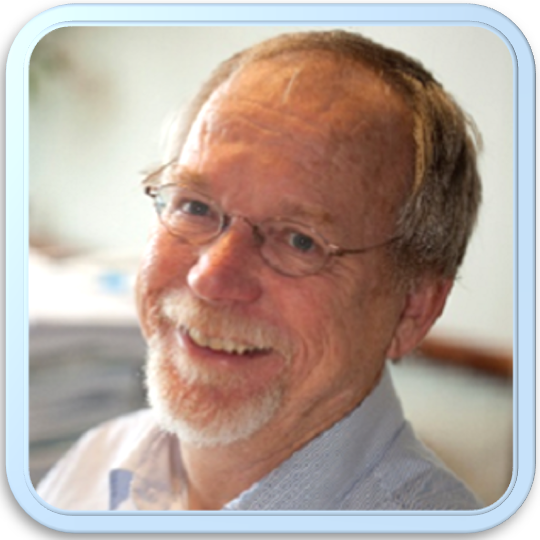 |
|
Eelco van Beek |
|
In 1972, Mr. van Beek graduated cum laude at the Delft
University of Technology in Civil Engineering. After working a few years for
the United Nations he joined Delft Hydraulics (now Deltares) in 1976, with as
main expertise field the use of analytical tools in integrated water resource
management. He has extensive working experience in Asia. He is co-author of the
textbook on water resources management “Water Resource Systems Planning and
Management – An Introduction to Methods, Models, and Applications” with
Professor Pete Loucks. In 1992, Mr. van Beek was appointed part-time (30%)
professor in Modelling in Water Resources Management at the Delft University of
Technology, a position he kept till 2004. From 2007 till 2017 he held a similar
position (also 30 %) at University of Twente. He teaches also at IHE-DELFT. From
2012 till 2018 Prof. Van Beek was member of the Technical Committee of the
Global Water Partnership (GWP). |
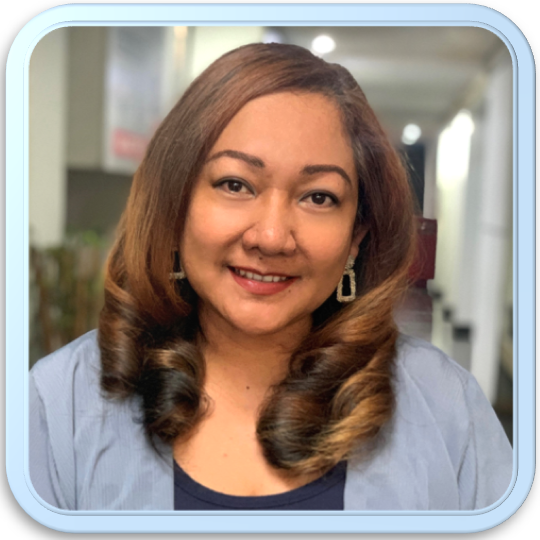 |
|
Rahmah Elfithri |
|
Dr. Rahmah Elfithri (born in 1978) is currently a Chief of Section for Capacity Development and Water Family Coordination (CDW) in the Division of Water Sciences (HYD), Intergovernmental Hydrological Programme (IHP), UNESCO Headquarters in Paris, France. She is responsible for Ecohydrology, Water Quality and Water Education related activities. She was previously the Deputy Regional Coordinator at the Global Water Partnership Southeast Asia (GWP-SEA) based in Jakarta, Indonesia (2021-2022). Prior to that, she worked for more than 15 years at the Institute for Environment and Development (LESTARI), National University of Malaysia (UKM) as a Visiting Professor and had extensive research and academic experience especially in the field of Integrated Water Resources Management (IWRM), Sustainable Ecosystem Management, Sustainability Science, watershed and community-based water management and multi-stakeholders’ engagement at various levels. |
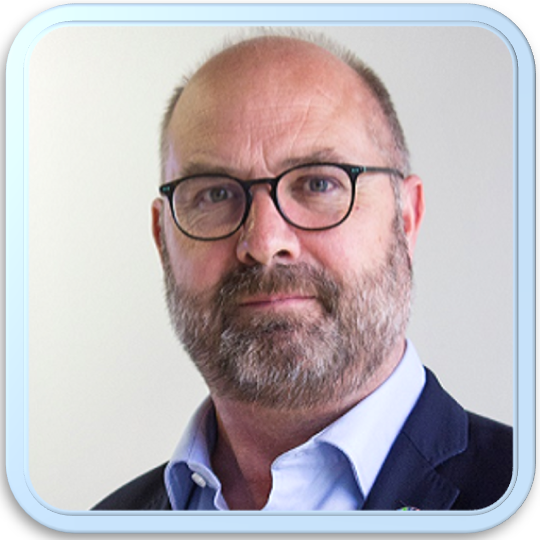 |
|
Mark Fletcher |
|
Mark leads the Global Water Business of Arup. He has been with Arup for 35 years. He is an international thought leader on sustainable water management, nature based solutions and water resilience and has worked around the world. He is on the Organising Committee for Singapore International Water Week and has led the initiative to include Young Water Professionals at Stockholm World Water Week for the last 6 years.
He is an Arup Fellow and Fellow of the Royal Academy of Engineering. He is an Honorary Fellow of the Society for the Environment and Chartered Institution of Water and Environmental Management, a Fellow of the Institution of Civil Engineers and received an Honorary Doctorate from Bradford University for his work on sustainable water management. He was a Royal Academy of Engineering Visiting Professor in Engineering Design for Sustainable Development since 2003. He is also Chair of British Water and former Chair of the Water Industry Forum. |
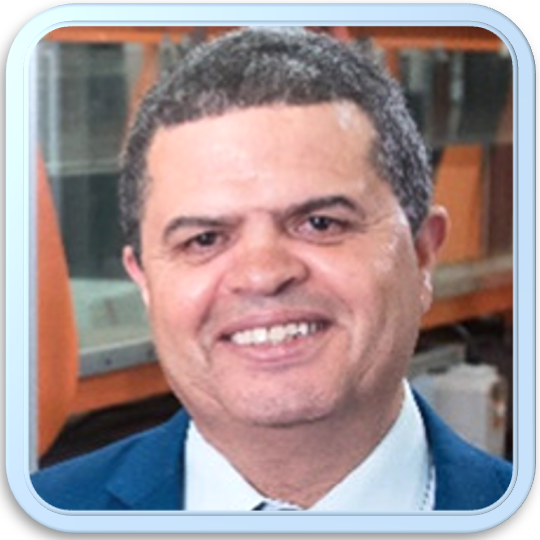 |
|
Mohamed S. Ghidaoui |
|
M.S. Ghidaoui received the BASc, MASc and Ph.D. all in Civil Engineering from University of Toronto, Canada, in 1989, 1991 and 1993, respectively. Since July 1993, he has been with the Department of Civil Engineering at the Hong Kong University of Science & Technology (HKUST), where he currently holds the positions of Chair Professor position in Civil and Environmental Engineering as well as the Named Chinese Estates Professor of Engineering. His research focusses on wave behavior and flow stability in open and closed conduits. Ghidaoui led a large-scale multidisciplinary research project on smart urban water supply systems, which pioneered the use of classical time-reversal (TR) for high-resolution diagnosis of defects in water supply pipes. The TR technology has been implemented in over 15 locations in Hong Kong. One of these implementations was awarded a silver medal at the 48th International Exhibition of Inventions Geneva in Switzerland. Ghidaoui is the Vice-President for Asia and the Pacific, The International Association for Hydro-Environment Engineering and Research (IAHR). He is a Distinguished Fellow of IAHR and a Fellow of the Hong Kong Institute of Engineers (HKIE). He is the editor in chief of the Journal of Hydraulic Research since 2016. He is also the associate editor of the Journal of Hydraulic Engineering, ASCE; and Journal of Hydro-environment Research, IAHR-APD. Ghidaoui received the Arthur Ippen Award, IAHR; the Albert Berry Memorial Award, American Water Works Association; Hilgard Award for best paper (runner-up), Journal of Hydraulic Engineering, ASCE; Outstanding Faculty Award at HKUST; and two teaching excellence awards from the school of engineering. |
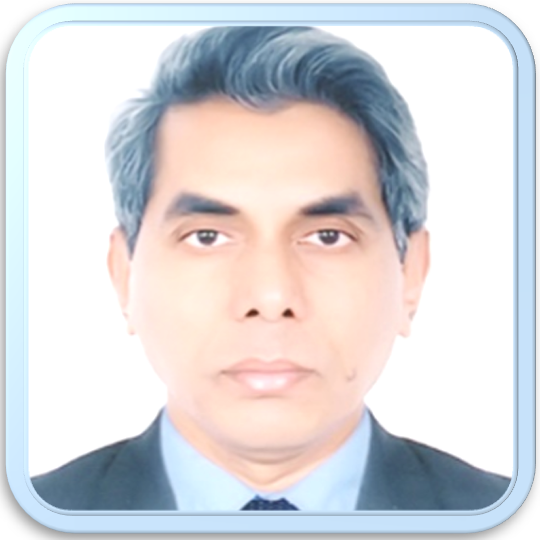 |
|
Malik Fida A Khan |
|
Mr. Khan is the Executive Director of the Center for Environmental and Geographic Information Services, a public trust under the Ministry of Water Resources. He has done his M.Sc in Hydroinformatics, IHE, Netherlands; B.Sc in Civil Engineering, BUET.
Mr. Khan has over three decades experience in water resource planning and management, integrated coastal zone management & planning, transboundary water management, climate change, climate change impact assessment, disaster impact assessment, integrated, long-term strategic planning, master plans and natural resource management, climate change risk/vulnerability and disaster risk and damage assessment, multi-sectoral analysis of climate change impact & adaptation, setting up monitoring mechanism of evidence of climate change and climate variability.
Mr. Khan has been involved with the National Water Management Plan, Integrated Coastal Zone Management, Bangladesh Delta Plan 2100, Haor Master Plan, National Adaptation Plan. Mr. Khan has over 12 years’ experience in transboundary water management. He has 30 publications so far including various peer reviewed journal papers and conference papers. |
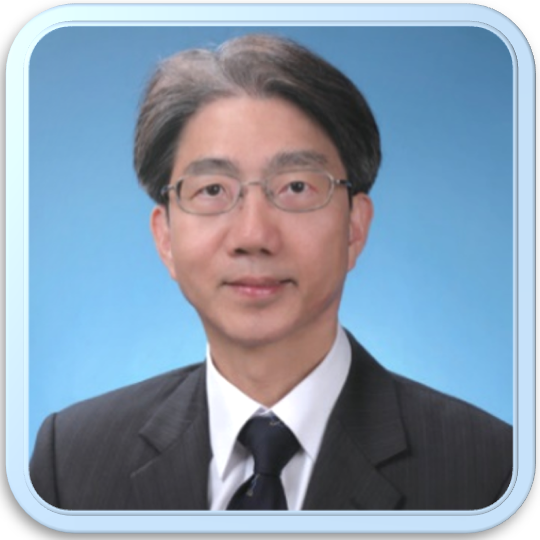 |
|
Joseph Hun-wei Lee |
|
Joseph Hun-wei Lee is the Vice-Chancellor and President of Macau University of Science and Technology. He is an academician of the Royal Academy of Engineering, and academician of the Hong Kong Academy of Engineering Sciences. He is currently the president of the International Association for Hydro-Environment Engineering and Research. He Served as the founding editor-in-chief of Journal of Hydroenvironment Research and the chairman of the review committee of the Hong Kong Public Policy Research Funding Scheme.
Professor Li has been engaged in environmental hydraulics, offshore water quality simulation technology, and theoretical methods and engineering applications of urban water security. His research outcomes have been widely applied in hydraulic and environmental engineering around the world. He has won the second prize of the National Science and Technology Progress Award, the Hunter Rouse Hydraulic Engineering Achievement Award of the American Society of Civil Engineers (ASCE), the ASCE Hilgard Hydraulic Research Award, the honorary member of IAHR, and the Croucher Foundation Award, etc.
|
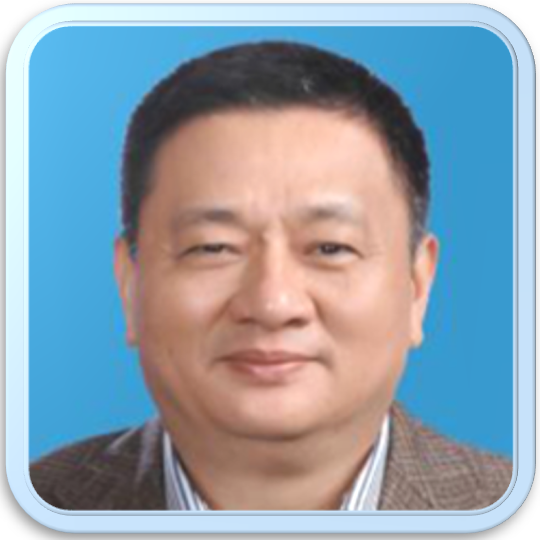 |
|
Xinqiang Niu |
|
Xinqiang NIU was born in Huzhou, Zhejiang province. He is an academician of the Chinese Academy of Engineering and a national engineering survey and design master. He is currently the dean of the Yangtze River Survey, Planning and Design Institute, the director of the National Dam Safety Engineering Technology Research Center, the vice chairman of the Hubei Science and Technology Association, and the vice chairman of the Chinese Society of Dam Engineering.
Xinqiang NIU has presided over and participated in more than 10 major national water conservancy and hydropower projects such as the Three Gorges of the Yangtze River and the middle line of the South-to-North Water Diversion Project. He has profound attainments in the fields of high dam navigation, large-scale hydraulic structures, long-distance water diversion across river basins, ecological restoration and protection of the Yangtze River. He has successively won 5 second prizes of the National Science and Technology Progress Award, 7 provincial and ministerial special prizes. He has published 9 monographs and more than 70 papers. He has won the National Labor Medal, National Advanced Worker Award, the First National Innovation Award, National Outstanding Professional and Technical Talent, the First International Outstanding Dam Engineer Award, etc. |
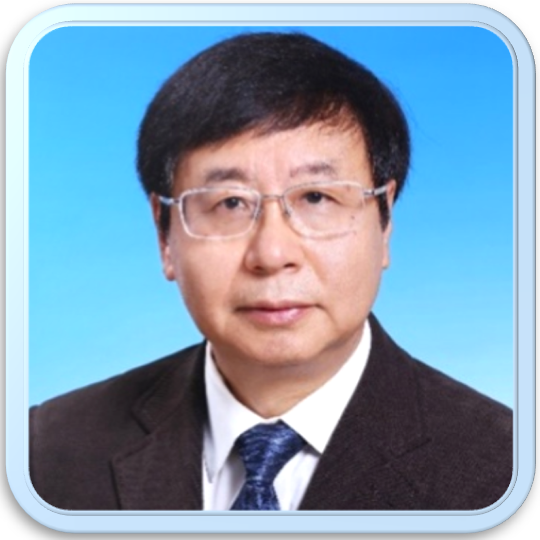 |
|
Jiuhui Qu |
|
Jiuhui Qu was born in 1957. He is from Changchun, Jilin. He is an academician of the Chinese Academy of Engineering, foreign academician of the National Academy of Engineering of the United States, academician of the Academy of Sciences of the Developing World. He is a researcher of the Eco-Environmental Research Center of the Chinese Academy of Sciences and a distinguished professor in Tsinghua University.
Academician Jiuhui Qu has been engaged in water quality science, technology and engineering application research for a long time. His main research interests include drinking water safety, water purification and energy conversion, wastewater treatment process, water pollution control and ecological restoration in river basins. He presided over the national 973, 863 and other key scientific and technological projects. He has published more than 400 papers and obtained more than 100 Chinese and international authorized invention patents. He won 2 second prizes of the National Science and Technology Progress Award, 2 second prizes of the National Technology Invention, 3 first prizes of the Provincial and Ministerial Science and Technology, 1 Ho Leung Ho Lee Science and Technology Progress Award, and 2 International Awards. |
 |
|
Dragan Savić |
|
Dragan Savić is Chief Executive
Officer at KWR Water based in the Netherlands and Professor of Hydroinformatics
at the University of Exeter in the UK. Professor Savić is an international
expert in smart water systems with over 35 years of experience working in
engineering, academia and research consultancy. He has held senior roles in
non-profit, private and public sector organisations operating in diverse
contexts in the UK, Netherlands and internationally. His work has resulted in
patentable innovation and spinout companies. In addition to innovation and
leadership skills, he is known for believing in and practising "bridging
science and practice" in the wider water sector and utilities in general.
Prof. Savi is a regular speaker at industry events and a published author of
thought leadership.
|
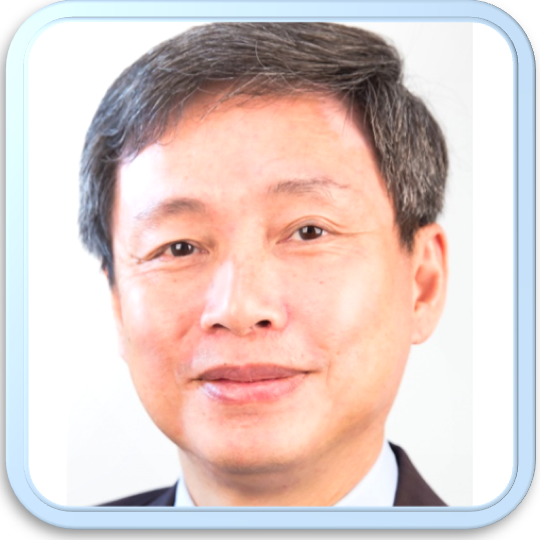 |
|
Harry Seah |
|
Harry Seah, appointed as Deputy Chief Executive (Operations), provides strategic oversight to the entire water systems operations of PUB to ensure total integration, effective management so that PUB remains operationally effective and efficient to serve the water needs of Singapore.
Prior to his current appointment, Harry Seah was Assistant Chief Executive (Future Systems & Technology) and Chief Engineering and Technology Officer at PUB, leading PUB’s efforts in the continuous exploration, research and development of water technologies essential to future-proof Singapore's water system. Under his leadership, PUB has established itself to be among the world’s most innovative and forward-looking utilities. |
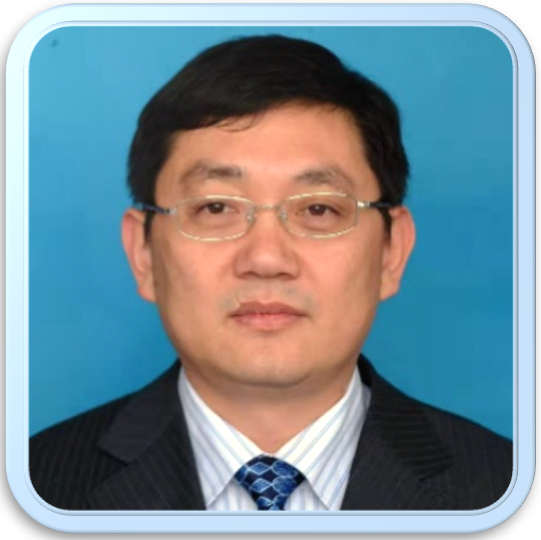 |
|
Hongwu Tang |
|
Hongwu Tang was born in September 1966. He is from Jianhu, Jiangsu. He is an academician of the Chinese Academy of Engineering. He is currently the Secretary of the Party Committee of Hohai University. He has won honors such as the National Science Fund for distinguished young scholars, the First National Innovation Excellence Award, the National Outstanding Scientific and Technological Worker, the Qianning Sediment Science and Technology Award, etc.
He has long been engaged in scientific and technological research and engineering practice in the field of hydraulics and river dynamics, and has made outstanding contributions to the research and practice of plain hydrodynamics and river and lake governance engineering. He has successively presided over and undertaken more than 150 national scientific and technological research projects, such as national 863, and Ministry of Water Resources 948, and innovatively solved the key points of river control projects such as the Huaihe River, the Yangtze River, and the Pearl River. He won 4 second prizes of the National Science and Technology Progress Award, 5 provincial and ministerial first prizes and special prizes. He has published 4 books and more than 200 papers and authorized 45 invention patents. |
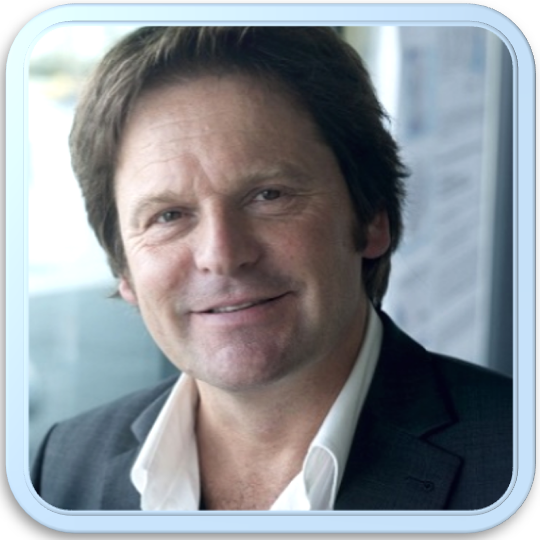 |
| Chris Zevenbergen |
|
Chris Zevenbergen (1958) is professor of urban (flood) resilience at the Water Engineering Department of IHE Delft and of Delta Urbanism at the faculty of Architecture and the Built Environment of TuDelft, The Netherlands. He is also a visiting professor at the Southeast University (SEU). In the past 20 years he has accumulated extensive national and international experience with integrated approaches to manage floods in the urban environment. His research interest is specifically on innovative concepts to mitigate urban flood impacts, on flood proofing building designs and technologies and on decision support tool development in urban planning with practical application in urban flood management. He has published/edited five books and more than 200 scientific publications in the field of environmental engineering, urban design and urban flood risk management. |
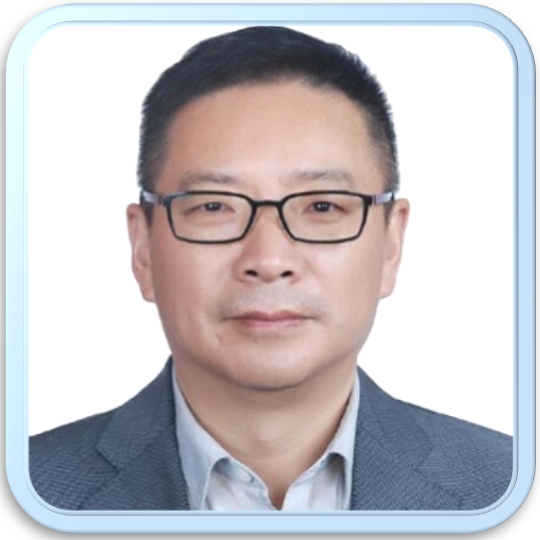 |
|
Zhiyu Zhong |
|
Zhiyu Zhong was born in December 1965. He is from Taizhou, Jiangsu Province. He owns a PhD degree of Engineering and he is a professor-level senior engineer. He is a member of Jiusan Society. He is currently a member of the 14th CPPCC National Committee, a member of the Agricultural and Rural Committee of the CPPCC National Committee, and chief engineer of the Ministry of Water Resources.
Zhiyu Zhong has been engaged in the planning and design of the Yangtze River Basin and major water conservancy projects. He is responsible for the compilation of comprehensive planning, flood control planning and water resources planning of the Yangtze River Basin. He has successively won a number of awards including the Top Ten Outstanding Youth from Hubei Provincial Government, Young and Middle-aged Experts with Outstanding Contributions from Hubei Province, the Qianning Sediment Science and Technology Award, and the Liuguangwen Engineering Technology Award.
|
 |
|
Chengqing Zhu |
|
Chengqing Zhu was born in April 1965. She is from Bazhong, Sichuan. She is a senior engineer and a member of Jiusan Society. She started working in April 1990. She is currently a standing member of the 15th Central Committee of the Jiusan Society, a standing member of the 14th National Committee of the Chinese People's Political Consultative Conference, and the Vice Minister of the Ministry of Water Resources. She is responsible for policies and regulations, river and lake management, river and lake chief system, water and soil conservation, rural water conservancy and hydropower, water conservancy science and technology. |
